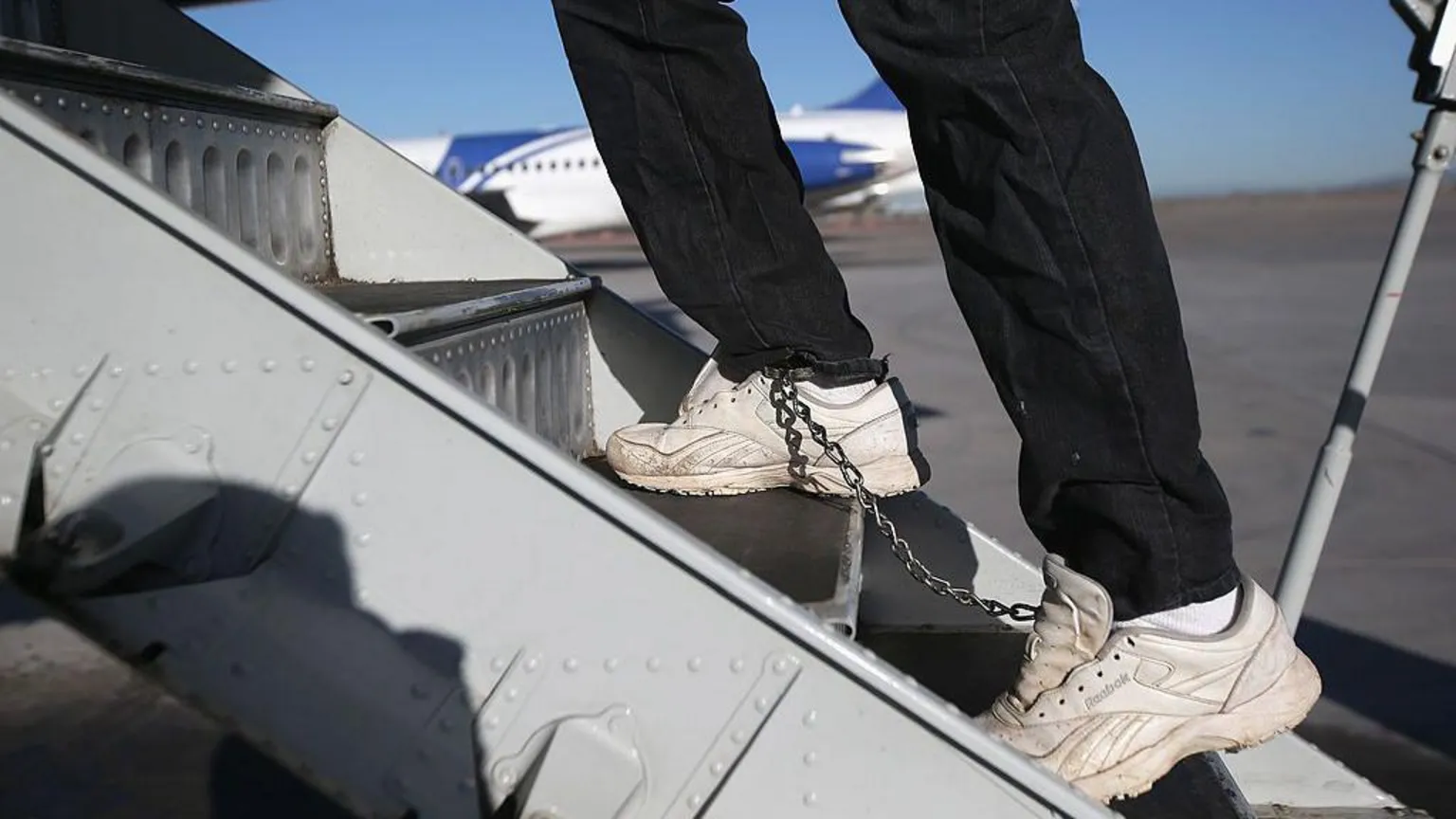Burkina Faso has declined to receive deportees from the United States, a move that coincides with Washington’s temporary suspension of visa services in the country. The decision underscores mounting strains between the US and Burkina Faso’s military-led government.
Foreign Minister Karamoko Jean-Marie Traoré questioned whether the US actions were a form of pressure or coercion. Speaking on state television RTB Thursday evening, he said, "Is this a way to put pressure on us? Is this blackmail? Whatever it is... Burkina Faso is a place of dignity, a destination, not a place of expulsion." Traoré added that he had formally rejected a repeated US offer to take in migrants from third countries.
On Thursday, the US embassy in Ouagadougou announced that immigrant, tourist, student, and business visas would be temporarily halted. Burkinabe citizens now have to visit the US embassy in Togo for visa applications.
Traoré said he had received a diplomatic note explaining that Burkina Faso was on a list of countries whose citizens had violated US visa rules, referring to the deportation proposals, according to a local media transcript.
Several African nations have cooperated with US deportation plans in recent months. Eswatini, Ghana, Rwanda, and South Sudan have all received deportees, while Nigeria, like Burkina Faso, refused to accept them.
Earlier this week, Eswatini received ten deportees, adding to a prior group of five that the US described as serious criminals.
Burkina Faso’s President Capt Ibrahim Traoré, who came to power three years ago in a military coup, presents himself as a pan-African leader opposing Western interference.
Relations with Western countries have been tense since his government assumed power. Traoré stressed that the US deportation proposal violated principles of national dignity, stating, "Naturally, this proposal, which we considered indecent at the time, runs completely contrary to the principle of dignity."
The dispute highlights growing tensions between Burkina Faso and the US over immigration and deportation policies, raising questions about future diplomatic engagement and cooperation in the region.
